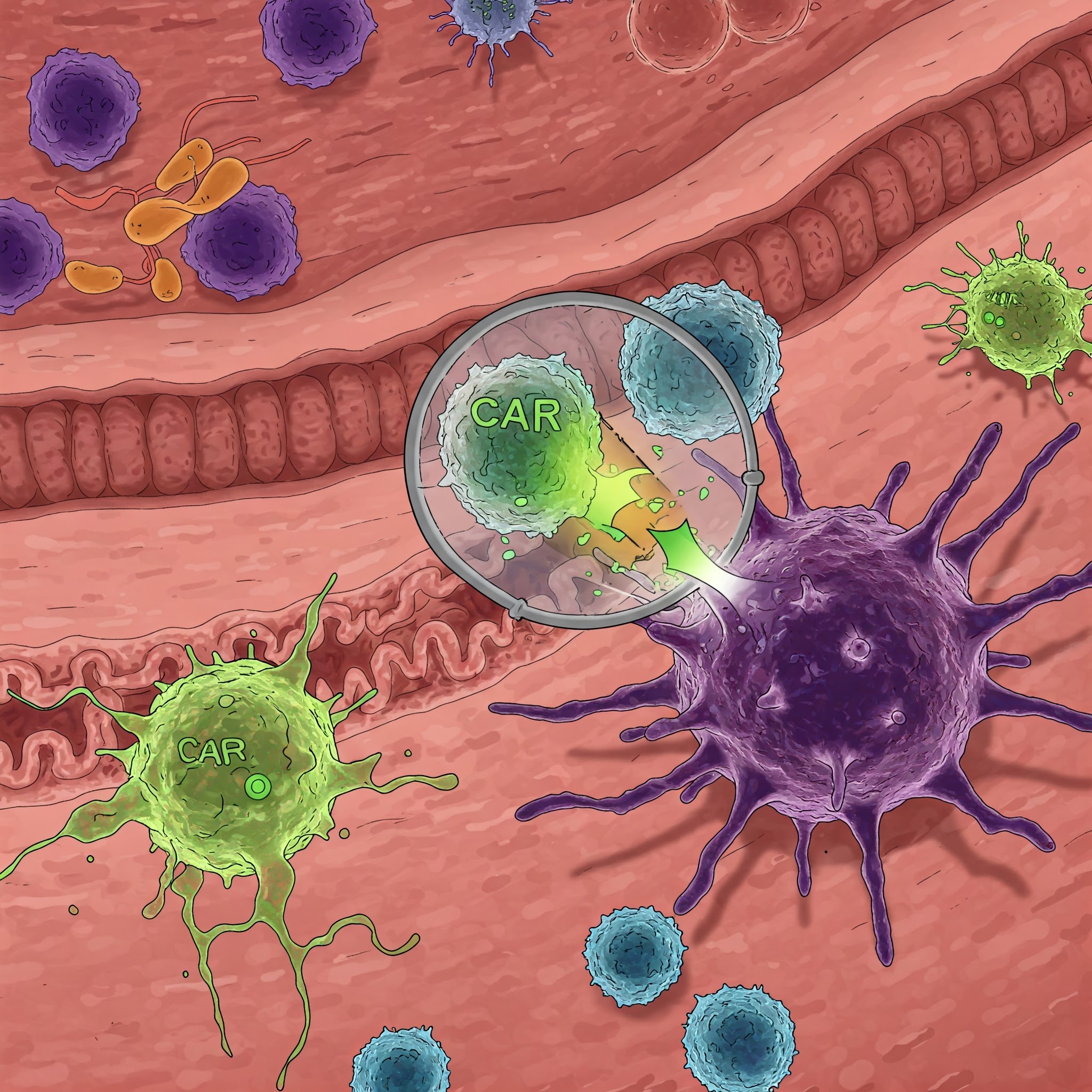Long-term diseases like cancer and persistent infections frequently wear down the immune system to the point where T cells, its first line of defense, are no longer able to do their jobs well. The secret to sustaining potent, long-lasting immune responses may lie in a unique subset of immune cells known as stem-like T cells, according to research headed by the Peter MacCallum Cancer Centre (Peter Mac) and the Peter Doherty Institute for Infection and Immunity (Doherty Institute).
Their findings were published in the journal Science Immunology.
These ID3+ T cells can maintain immune responses for a lot longer than other T cells that don’t express ID3 because of their special capacity to self-renew and withstand fatigue.
According to Catarina Gago da Graça, PhD candidate at the Doherty Institute at the University of Melbourne, the study demonstrates how ID3+ T cells are essential for addressing immunological fatigue, one of the main obstacles in the treatment of chronic illnesses.
ID3+ T cells have the remarkable ability to resist burnout and maintain a powerful immune response over time, making them particularly effective in the face of chronic infections or cancer.
Gago da Graça
Additionally, the study discovered that the body may produce more ID3+ T cells in response to certain signals, opening the door for better therapies like CAR T cell therapy. Although CAR T therapy has revolutionized the treatment of some tumors, T cell depletion may eventually cause its efficacy to decline.
According to the study’s co-lead author, Professor Ricky Johnstone, Executive Director of Cancer Research at Peter Mac, increasing ID3 activity may increase these cells’ resilience, increasing the efficacy and durability of treatments.
We discovered that ID3+ T cell formation could be promoted by specific inflammatory cues, potentially offering new strategies to boost the number of immune cells that excel at fighting cancer in patients.
This could lead to better treatments for cancer patients and improve clinical immunotherapy outcomes.
Professor Johnstone
The results could result in improvements in immunotherapy therapies and the creation of vaccines that offer sustained protection, according to Dr. Daniel Utzschneider, Laboratory Head at the Doherty Institute at the University of Melbourne.
Exhausted immune cells remain one of the biggest challenges in treating chronic diseases,” said Dr Utzschneider,
This research provides a roadmap for how we might reinvigorate the immune system to improve health outcomes for people living with cancer or chronic infections like HIV or hepatitis B and C, thanks to these stem-like T cells, the immune system’s secret power.
Dr Daniel Utzschneider
Source: Doherty Institute – News
Journal Reference: Sheikh, Amania A., et al. “Stem-like Memory and Precursors of Exhausted T Cells Share a Common Progenitor Defined by ID3 Expression.” Science Immunology, 2025, DOI: 10.1126/sciimmunol.adn1945
Last Modified:







